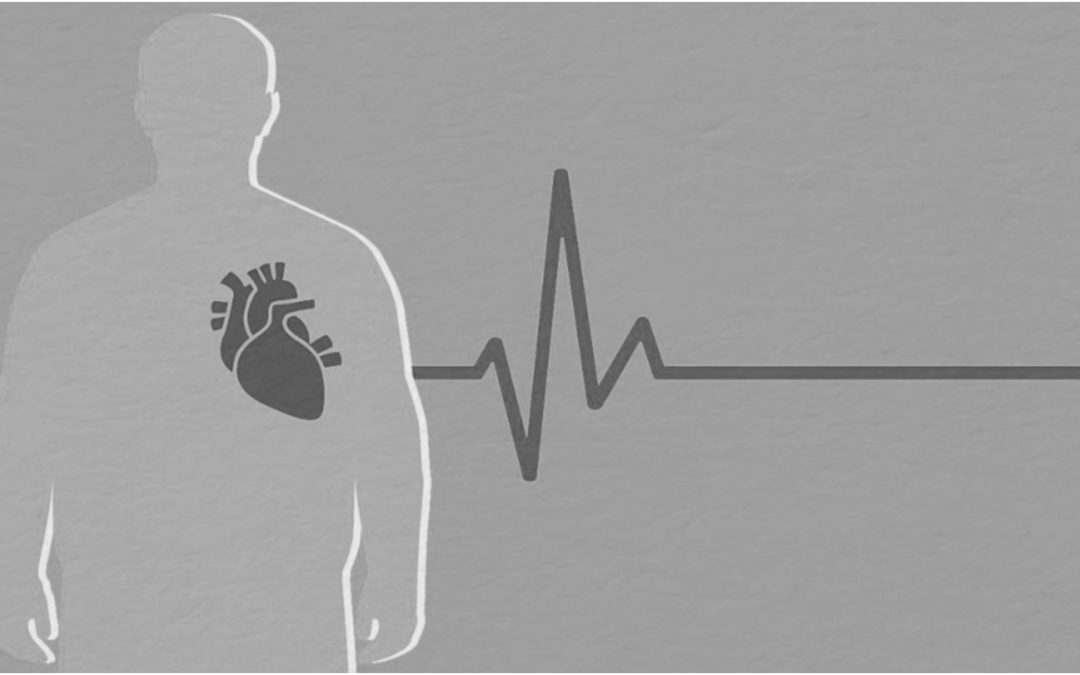The connection between diabetes and heart failure is gaining increased recognition within the medical community. Recent findings from the American Diabetes Association emphasize heart failure as an “underappreciated complication of diabetes.” Shockingly, up to 22% of individuals with diabetes are expected to develop heart failure, marking a significant health concern.
Heart Failure: A Shared Risk for Type 1 and Type 2 Diabetes
Contrary to previous assumptions, both Type 1 and Type 2 diabetes elevate the risk of heart failure. Recent research indicates that when considering all individuals with diabetes, the incidence of heart failure is four times higher than in the general population. This highlights the urgency of addressing heart failure as a prevalent cardiovascular complication in the diabetes community.
Mechanisms Linking Diabetes and Heart Failure
Various mechanisms contribute to the development of heart failure in individuals with diabetes. Elevated glucose and insulin levels, characteristic of diabetes, can inflict molecular-level damage to the cells of the heart. Beyond this, diabetes increases the risk of coronary artery disease and directly harms the heart muscle, leading to stiffness and weakening, ultimately culminating in heart failure.
Key Contributors: Mitochondrial Dysfunction, Inflammation, and AGEs
Diabetes is associated with several processes that heighten the risk of heart failure. These include mitochondrial dysfunction, oxidative stress, inflammation, and the formation of advanced glycation end products (AGEs). These factors collectively contribute to the structural and functional deterioration of the heart, emphasizing diabetes as a primary risk factor for heart failure.
Diabetes as a Predictor of Heart Failure
Recent studies underscore the independent role of diabetes as a predictor of heart failure, further emphasizing the need for early recognition and intervention. Beyond the well-established link to coronary artery disease, diabetes leads to mitochondrial dysfunction, oxidative stress, inflammation, and the formation of harmful compounds, all of which contribute to the progression of heart failure.
Importance of Recognizing Heart Failure Symptoms in Individuals with Diabetes
Given the heightened risk, individuals with diabetes must be vigilant in recognizing potential symptoms of heart failure. These symptoms can include fluid buildup in various body parts, reduced exercise tolerance, and persistent fatigue. Understanding these warning signs is critical for early intervention and improved prognosis.
Proactive Measures: Effective Diabetes Management and Lifestyle Modifications
Considering the intricate connection between diabetes and heart failure, proactive measures are paramount. Effective diabetes management, lifestyle modifications, and regular medical check-ups are crucial components of a holistic approach to reduce the risk of heart failure in individuals with diabetes. Recognizing the shared risks and implementing preventive strategies is essential for promoting overall health and well-being in this population.

Erin Balsa is a highly skilled and knowledgeable health journalist with a passion for educating the public on important health and wellness topics. With extensive experience in both traditional and digital media, Erin has established herself as a trusted voice in the field.

